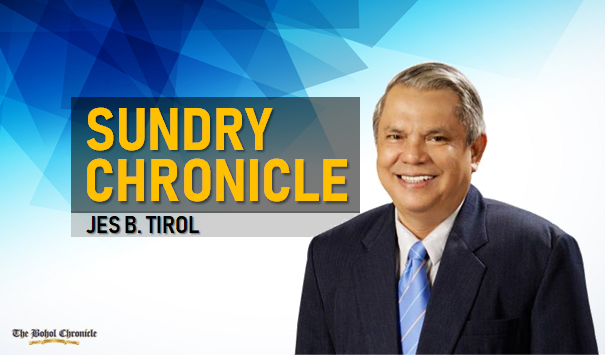Proem
Before the arrival of the Islamic religion in the 14th century and the Christian religion in the 16th century, the natives in what is now called the Philippines already had a system of politics and religion.
The political system was led by a chieftain generally called a Datu. Different communities or groupings may have their own term, but it is generalized in history as a Datu.
Types of Datu
The datu can be categorized into three types. There were datus due to inheritance. These were the datus that inherited the organization established by their ancestors.
There were datus due to their wealth. In any community, there will be always people who are intrepid enough to become wealthy. He will soon become the patron and leader of the poorer members of the community.
READ:Why we have patronage politics (Part 1)
There were datus who were fighters and warriors. In a less stable society, they became the leaders that provide protection to the people. The people will recognize him as their datu.
Among these three types of datus the patron-beneficiary relationship will always occur. If the people are satisfied with the performance of their datu, they will be loyal to him. If they are dissatisfied, they can always transfer their loyalty to another datu.
Arrival of the Spaniards
The Spaniards came to the Philippines for conquest and the propagation of the Christian religion.
The basic concept of the propagation of Christianity was the “Patronato Real” or Royal Patronage.
It was an agreement between the King of Spain and the Pope of Rome. The Pope will provide the religious missionaries and the King of Spain will supply them the wherewithal in their missionary work. In effect, the religious missionaries became paid employees of the King of Spain.
The Patronato Real was a tenuous relationship between the Pope and the King of Spain. Sometimes it was the King that was strong and had the upper hand and sometimes it’s the Pope.
The European concept of the “Divine Rights” of Kings, it was the idea that the king ruled because that was the will of God. The representative of God was the Pope. So the king will be afraid of the Pope because if the Pope withdrew his recognition, it means that the King no longer has the “Divine Right” to rule.
In the Philippines, the Pope was also careful because if the King will no longer pay the salaries of the missionaries, then the missionaries could no longer function.
With the partnership of the Spanish soldier and the missionaries, the Philippines was conquered and organized into a single country.
Priests as Patrons
When natives will be conquered by the soldiers, it will be the function of the priests or missionaries to organize a settlement or town.
The Visayas, Mindanao, and the Marianas were assigned to the Jesuit Fathers. So at the start it was the Jesuits in Bohol who made settlements and propagated Christianity.
The Jesuits were cognizant that the natives have different chieftains or datus. The Jesuits used the “cacique” method in organizing the people.
In the cacique method all the Jesuits had to do was to convert the chief or datu and everybody under the chief will be converted. To facilitate the conversion of the chieftain, the Jesuits targeted the children of the chiefs.
A school was established in Loboc, Bohol called the Colegio de Loboc. The students were children of the chieftains or datus. When the children became educated in the Spanish and Christian way, they were allowed to return to their settlements. When the educated Boholanos became in turn the chiefs or datus, the conversion of the people was perfected.
The Jesuits were good missionaries. They always acted as the patron of the people. When abuses were done by the Spanish soldiers, the priests always sided with the people.
To divert the adoration of the people to the priests, the parish was organized with a Patron Saint. The Patron Saint replaced the “sal-ong” or personal gods of the people.
All benefits were always attributed to the Patron Saint. The relationship of Patron-beneficiary was continued by the Spanish missionaries. Even today it still exists.
During the titles of the datus a person can easily transfer his loyalty to another datu. During Spanish times and even today, if a person will transfer his residence to another parish or town he will change his Patron Saint.
When applied to today’s politics, this behavior is difficult to counter. A Boholano will say that he is in favor of a particular politician and suddenly he will transfer to the other side if he thinks that he will get more benefits from the other side.
Many politicians will become frustrated due to this Boholano behavior. The politician must understand that this behavior existed since long time ago. This is already a natural behavior of a Boholano. Since you could not fight nature, then a politician must learn how to harness this behavior.

